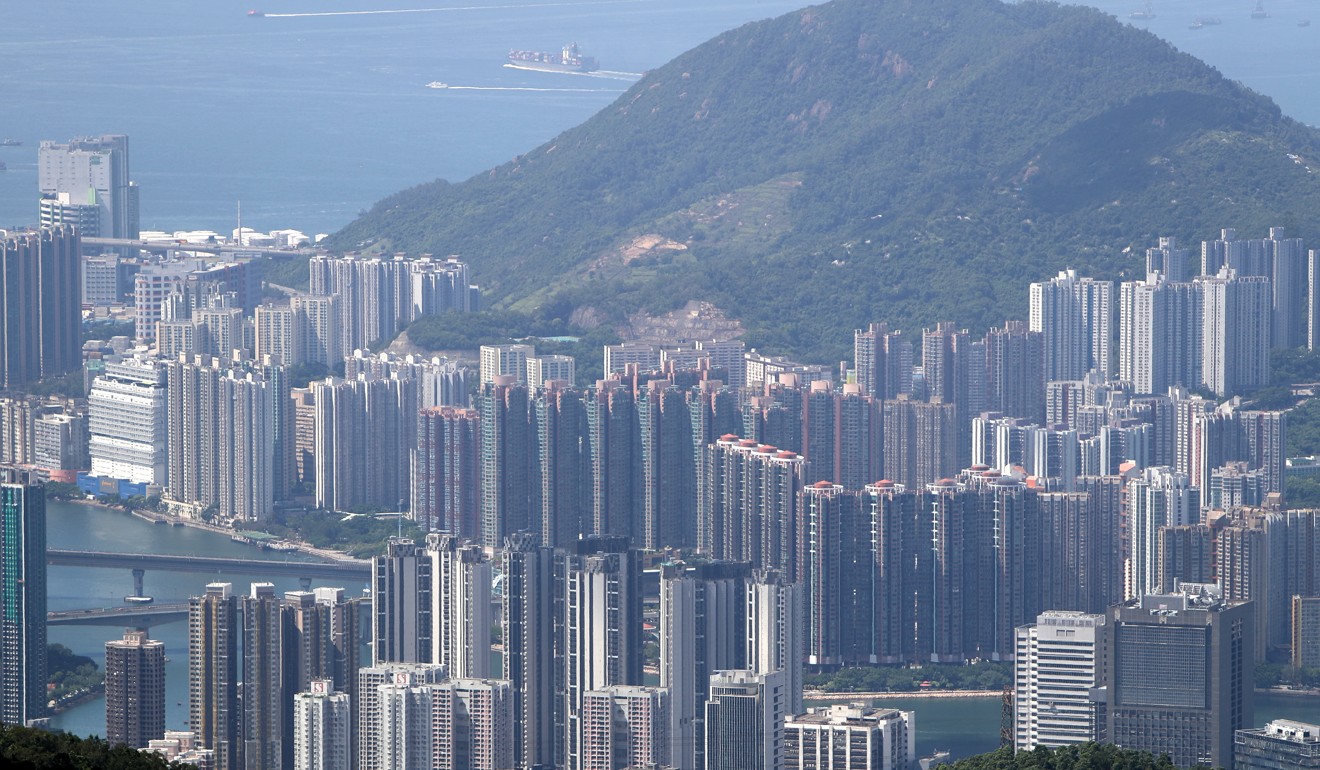
Hong Kong’s ‘sandwich class’ flats are in the spotlight as buyers snap up Tsing Yi abode for fear of missing out on property bull run
- Sale of a 706 sq ft flat at the 24-year-old Tivoli Garden in Tsing Yi beats previous record of HK$9.85 million for a 712 sq ft flat sold in the same estate last August
- Market observers say record sale price is not one-off and records will continue to be set

Hong Kong homebuyers, desperate to get their hands on property after a short-lived price correction, are chasing real estate in an obscure segment of the market as a bull market takes hold.
On Monday, a 706 square feet flat at the 24-year-old Tivoli Garden in Tsing Yi, New Territories, was sold for HK$10 million (US$1.27 million), or HK$14,164 per sq ft, making it the most expensive unit converted from government funded abodes under the Sandwich Class Housing Scheme.
In the early 1990s, the government introduced a programme targeting citizens whose income level exceeded both public rental housing and Home Ownership Scheme flats threshold but cannot afford to buy private homes. The group was dubbed “sandwich class”.
More than 12,000 units were offered in 10 estates under the scheme, which are spread across Kowloon and the New Territories.

Bel Air Heights in Kowloon’s Diamond Hill was the last project completed under the scheme in 1999. The income cap for a single applicant in the project was HK$22,000 per month and personal assets of less than HK$400,000, while for a family of two or more the income range was HK$31,000 to HK$60,000 and assets of less than HK$1.2 million.
In Hong Kong, government funded flats usually sell below the prevailing rate on the open market. But these flats have become highly sought after, pushing their prices to record highs.
“Buyers are flocking to the market,” said Derek Chan, research head of Ricacorp Properties. “It doesn’t matter whether it is private homes, lived-in homes or even government subsidised ones. They are buying.”
The previous record of HK$9.85 million for a 712 sq ft flat in the same estate was set in August 2018, when the city’s housing market was at the peak of a 28-month rally.
Tsing Yi is an established community with amenities and public transport. Hence it’s an attractive option for someone to put down roots, instead of a new community with no amenities.
Chan said that the record price offered for the government-funded home on the open market was not a one-off phenomenon.
“We will see more record prices for government-subsidised homes in the coming months as they are still relatively cheaper than private homes. When home prices increase, cheaper ones will be sought after as these will be the only choices for buyers with a limited budget.”
In August the housing market went through a five-month price correction that has since reversed course amid a dovish interest rate outlook by the US Federal Reserve, which has forced Hong Kong’s monetary authority to mirror the same policy stance.
As a result, the property market has witnessed a stronger-than-expected recovery. And by the middle of this year, developers are expected to put more than 6,000 new homes on the market.
According to Centaline Property Agency’s Centa-City Leading Index – which reflects weekly changes in the secondary market – the gauge has risen for 12 straight weeks up to May 3. It jumped 0.4 per cent to 183.92, just shy of the record 188.64 clocked last August.
Moody’s Investors Service meanwhile has forecast that Hong Kong’s home prices will rise between 8 per cent and 10 per cent over the next 12 to 18 months, revising its earlier estimates of a drop of up to 15 per cent.
“Until we fully solve the land supply problem, home prices will not come down. The market news will just contribute to small corrections and will not change the continuing trend of non-stop increases,” Chan said.
Hannah Jeong, head of valuation and advisory at Colliers International, said the government must do more to rein in home prices in the world’s least affordable market.
She said the government has made it clear that it will not undersell land, pointing to scrapped sale of an ultra-luxury residential site on The Peak last October as the “tendered premiums did not meet the government’s reserve price for the site.”
The government relies heavily on revenue from land sales. In 2018, it generated HK$116 billion or about 20 per cent of its total revenue. This year it hopes to generate HK$143 billion or 22.8 per cent from land sales to achieve its overall revenue target of HK$626 billion.